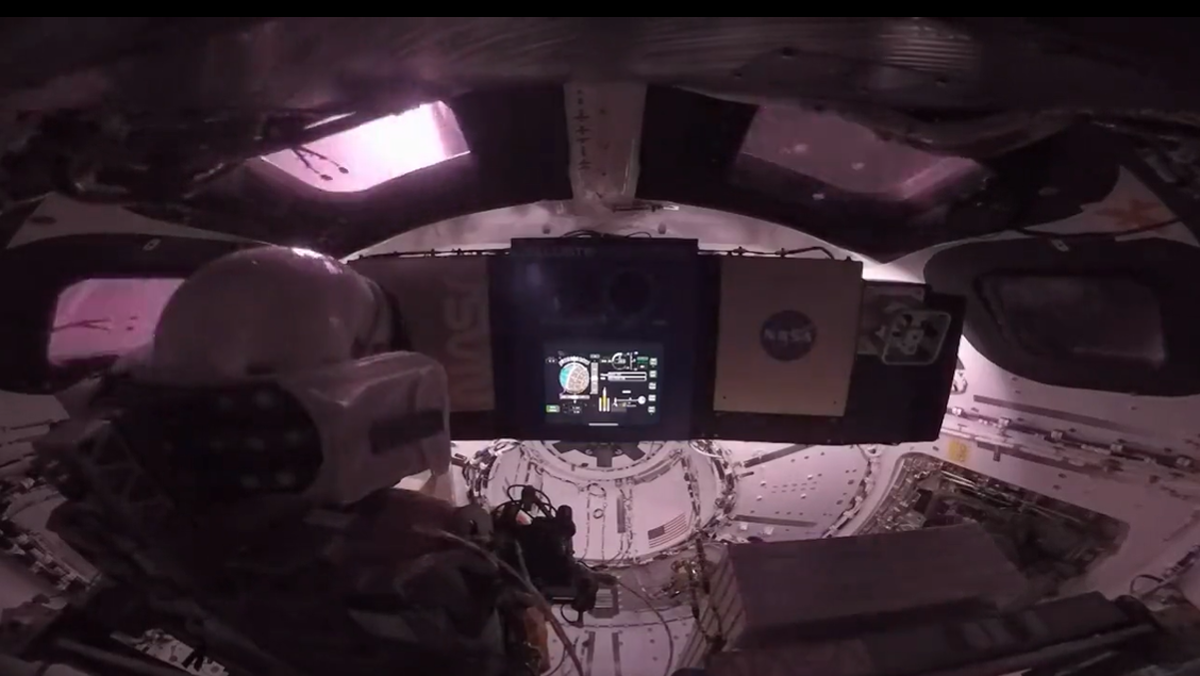For decades, surgery was the only treatment option for patients with localized clear-cell renal cell carcinoma, a common type of kidney cancer. But the cancer tended to return in people with more aggressive tumors—around one-third of patients—often popping up in other organs. Clinicians now treat such cases with immunotherapy, a type of adjuvant therapy that helps fight tumors by bolstering the body’s immune system. But identifying patients at high risk of recurrence has proven difficult.
Yasser Riazalhosseini, a geneticist at McGill University in Canada, would often hear his clinician colleagues complain about the lack of tools for assessing relapse in kidney cancer patients. They were forced to rely on traditional methods, such as assessing tumor grade and how aggressive the cancer appears under the microscope (histological analysis), even though these are known to be poor predictors of cancer recurrence. “This was our motivation for us to use genomics to develop biomarkers that can be used to stratify patients based on risk of relapse,” Riazalhosseini tells The Scientist.
See “‘Silent’ Mutation Linked to Worse Kidney Cancer Outcomes”
In a paper published February 23 in Clinical Cancer Research, Riazalhosseini and colleagues sequenced the DNA of tumors removed from 943 people with clear-cell renal cell carcinoma (ccRCC). They searched for mutations in 12 genes associated with the condition, then tracked the cancer patients’ outcomes for the next five years.
All patients harbored a mutation in a tumor suppressor gene called von Hippel-Lindau (VHL). Mutations in VHL are known to trigger kidney cancer, but cells may accumulate additional mutations in other genes linked to the condition. In this case, 91 percent of patients who only carried a mutation in VHL remained cancer-free five years after surgery. But this dropped to 80 percent in patients with one additional mutation in a ccRCC-linked gene, and just 51 percent in individuals with two extra mutations. The findings could be used to make informed decisions about which patients will benefit from immunotherapy, say the researchers.
“At the moment, we’re in danger of over-treating patients,” says Naveen Vasudev, study coauthor and a medical oncologist at the University of Leeds in the United Kingdom. Immunotherapy is expensive and potentially toxic; avoiding unnecessary treatment can give low-risk patients a better quality of life, he adds.
See “How Kidney Cancer Evolves”
Marston Linehan, Chief of Urologic Surgery at the National Cancer Institute in Maryland, who was not involved in the study says that the study’s “elegant findings” suggest that routine DNA sequencing of tumors following surgery could be useful for selecting kidney cancer patients for adjuvant therapy.
Toni Choueiri, a medical oncologist at Harvard’s Dana-Farber Cancer Institute who did not take part in the research warns that “a higher risk of recurrence doesn’t necessarily mean that patients will benefit from adjuvant therapy.” Validating the results in a large study that tracks high-risk patients undergoing further therapy is an important next step, he adds.














